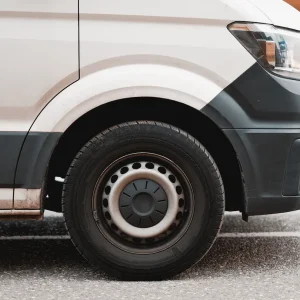A coalition of fleet operators calling for new petrol and diesel LCV and car sales to be banned in the UK from 2030 has expanded.
Companies including Tesco, Dixons Carphone, E.ON, Heathrow, Lime and SSE have joined the UK Electric Fleets Coalition, a partnership launched by the Climate Group and BT, taking its membership to 27 in total.
The announcement comes after reports earlier this week that the government, which had been consulting on moving the ICE ban forward from 2040 to 2035, is now looking at 2030 as the implementation date.
The coalition also wants the government to support UK manufacturing of battery electric vehicles, extend financial incentives to further boost demand, and unlock investment for EV chargers.
In addition to joining the coalition, Tesco has also joined the EV100 campaign, which asks fleets to commit to switching to zero-emission vehicles.
Tesco responsible sourcing director Giles Bolton said: “We are delighted to become signatories of the EV100 campaign, which brings together both our commitment to transition to 100% electric vans, and our plan to install EV chargers for Tesco customers and colleagues all over the UK.
“The electrification of transport is crucial to becoming a zero carbon business by 2035 in the UK and 2050 globally, and we will need collaboration across industry and government through the likes of EV100 in order to overcome the barriers to transition together.”
SSE chief executive Alistair Phillips-Davies said: “Making the switch to EVs will not only help tackle climate change and improve air quality in our towns and cities, but it will help drive the costs of EVs down and spur the development of a new clean industry contributing to a green recovery.
“We’re doing our part by committing to decarbonising our own fleet of vehicles by 2030 as part of the EV100 [campaign] and, with the right support in place including a coordinated roll-out of EV charge points and a 2030 end date for ICE vehicle sales, the UK could become a hub of electric mobility and encourage similar actions internationally.”





